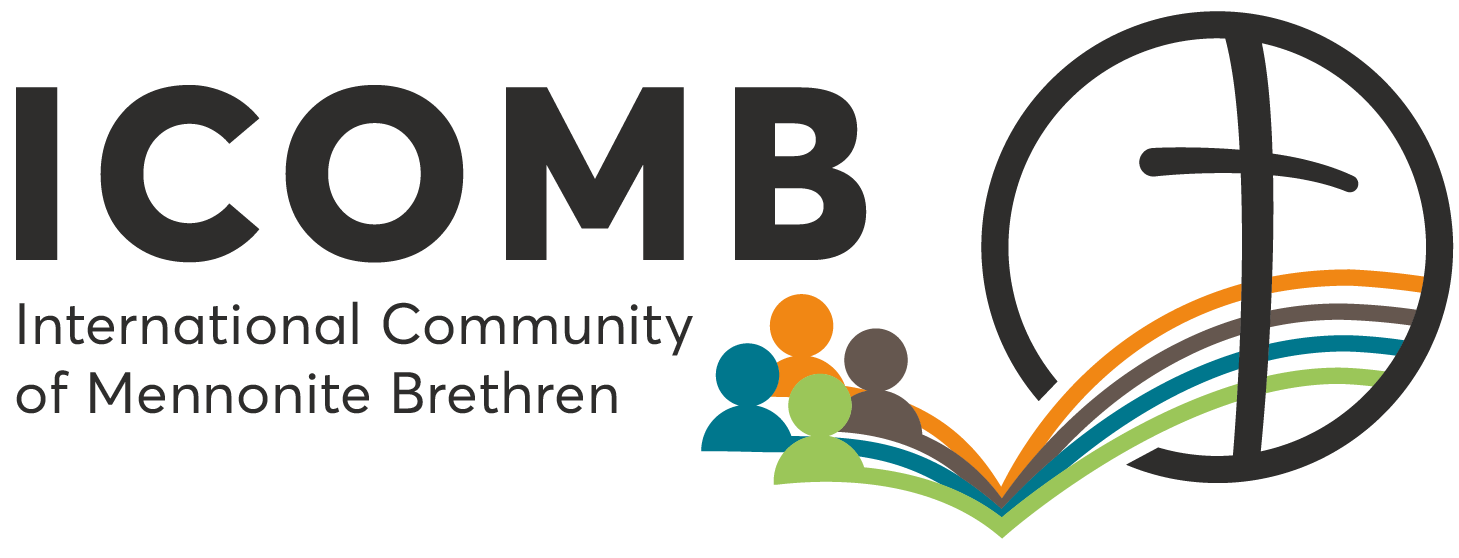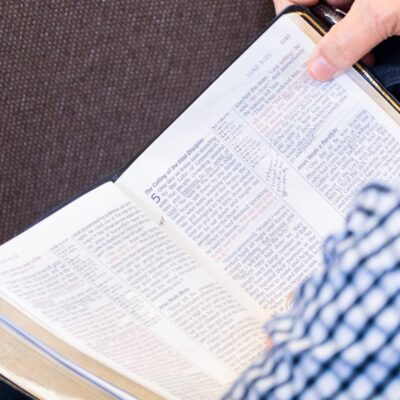Friday January 25
A Long Day with a Lot of Input
Roger Poppen made a case for “protective violence”. He worked on personal self-protection protection violence, community protection (police) and national defense (military).
Del Gray presented his pathway where he took on the conviction of pacifism as a Christian, lost his friends and church family as a result, then found “a whole denomination” which confessed what he believed.
Tim Geddert taught that if Jesus is Lord, he is Lord always. And, he showed that there are great differences among pacifists (some are not Christian at all) and differences among “just war” supporters, and sometimes we can find that pacifists and supporters of just war are close together.
The formal responses were thought provoking as well.
A lot to deal with…so just some reflections:
Hermeneutics is an elephant in the room. Some of us view the Bible as a “flat” book, and some through the double lens of the New Testament and Jesus Christ. In a very enlightening discussion, I learned about the “flat book” idea from someone who feared that if we use lenses to interpret and contextualize the Old Testament, we render the OT as “uninspired.” While I believe the Bible is not flat, it was engaging to hear someone defend that position and challenge me to defend mine. We do need to look at the hermeneutical question consciously.
Personal self-protection is a different category than police and military protection/defense. We need to pry those apart and discuss them separately. I don’t think we can validate violent personal self-defense with Biblical examples of national defense or aggression such as Israel’s conquering of Canaan. Personal attacks or home invasions are actually rare, despite how often the media report on them. On this, I think we can learn from the frequent home invasions Mennonites faced 100 years ago in Russia, and how they handled it.
A Culture of Peace – by Alan and Eleanor Kreider (missionaries in England who influenced Stuart Murray) and Paulus Widjaja (Mennonite leader in Indonesia) – taught a key principle: ‘What are we cultivating in our minds and hearts?’ When Dirk Willems, escaping from prison in 1531, saw his jailer crash through the river ice, he had a split second to decide to keep running or to turn and help the man. He turned, was recaptured for his trouble, and executed. What conviction had he cultivated that enabled him to make that choice? That kind of cultivation (culture) makes all the difference. This must be applied individually and corporately.
We are a Peace Church. We should not undo this conviction – not only because the government currently protects our right to this position, but because it’s a witness to other Christians and makes a home for them.
We do act peaceably. We have had a strong discussion but we’re still speaking to one another. May God give us continued courage.




